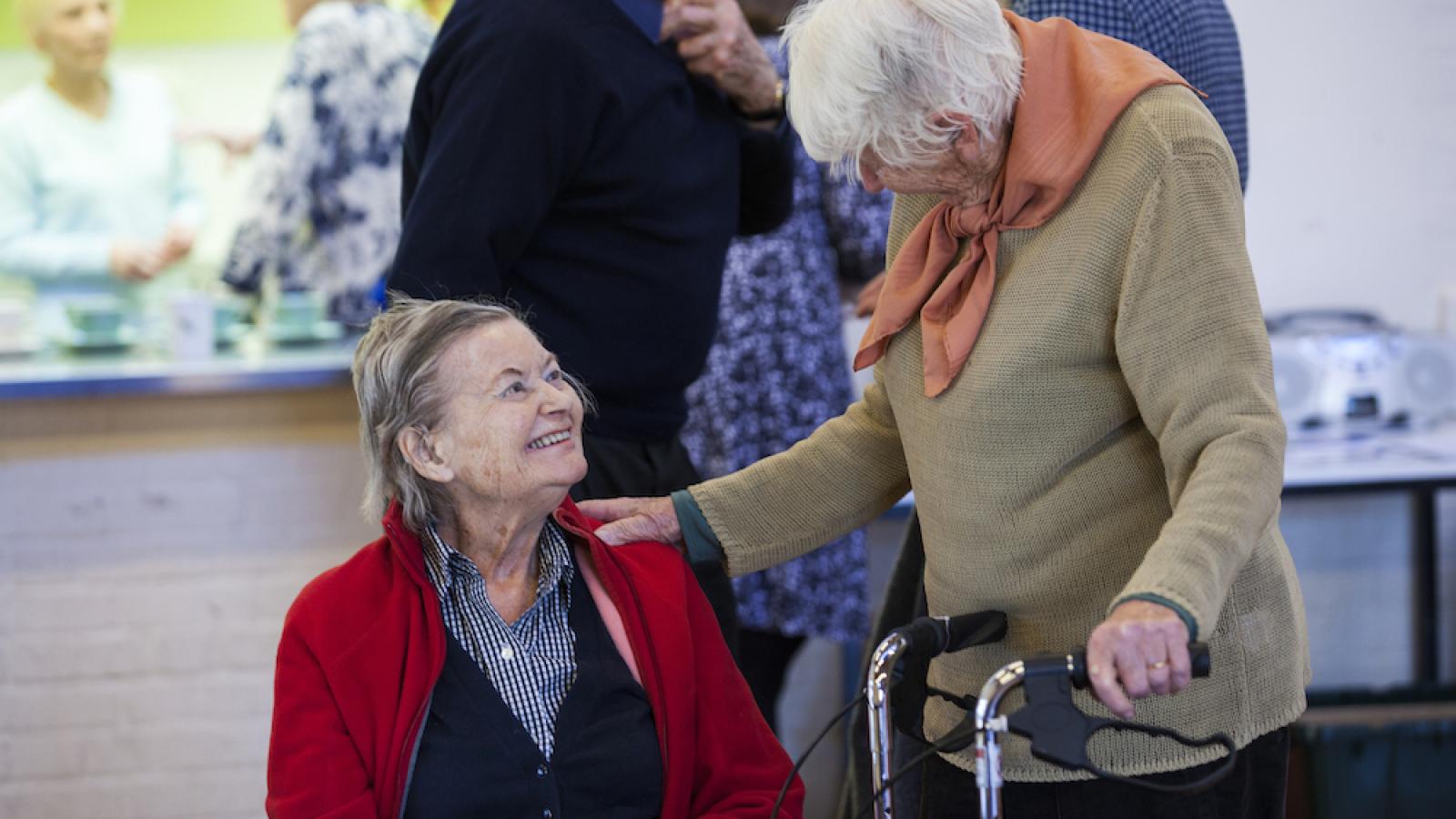On World Alzheimer’s Day, 21 September 2020, the UK DRI acknowledges all those impacted by Alzheimer’s disease and other causes of dementia. Our 600+ researchers across our seven sites are working hard to uncover the causes of dementia and identify promising treatments.
Prof Bart De Strooper, Director of the UK DRI, reflected:
“2020 continues to present challenges to all of us, in and beyond our work and as we care for those close to us. The implications of the pandemic and lockdown have been far-reaching, both for our own researchers and for our founding funders. There has and will continue to be much uncertainty, but we’re staying positive at the UK DRI, united by our common mission to make breakthroughs that will transform the lives of all those affected by dementia.
Highlights from the past year include the launch of our major new initiative to map the Alzheimer’s brain, a project that promises to fill gaps in our knowledge of how and why the disease progresses. We saw a major milestone in the search for a treatment for early Alzheimer’s when Biogen announced plans to pursue US regulatory approval for aducanumab in October, and our own teams made progress towards identifying several promising biomarkers. A UK DRI team was awarded $1.5 million to trial a promising new deep brain stimulation therapy for Alzheimer’s disease. We forged new partnerships and alliances, our researchers joining forces with experts in an array of fields to tackle dementia from every angle.
And of course more recently we have been involved in the national effort to tackle Covid-19, with a team at our Care Research and Technology Centre developing a robotic coronavirus testing platform in record time, and then using that test to investigate outbreaks in care homes to shed light on the devastating impact of the crisis on people with dementia. Our labs donated time and equipment, while clinician colleagues returned to the front line. We regrouped and reprioritised, redeploying experts to where they were needed to have the biggest impact. And we are now following closely the impact of Covid-19 on the brain, and finding ways to measure whether it increases the risk of dementia.
At no other time have we been required to be so nimble, quick thinking and collaborative. The experience will serve us well as we focus once more on our core business: treating and preventing dementia in all its forms through groundbreaking scientific discoveries.
So we are making progress, and World Alzheimer’s Day is an opportunity for us to reflect and remind ourselves of why we do what we do, and how important it is to stay dedicated to our goal. In spite of the prevailing uncertainty and challenges, it’s absolutely vital that dementia remains a research priority in the UK. This enormous challenge will still be there when the pandemic is over, and people with dementia will have felt the effects of the crisis perhaps more than any other group. The research community will also be recovering – from lost work, lost time and lost funds. Substantial effort, support and funding will be needed to get us back on track.
Thank you to our funders, colleagues, partners and supporters as we face this continuing challenge.”
Article published: 21 September 2020
World Alzheimer's Day
